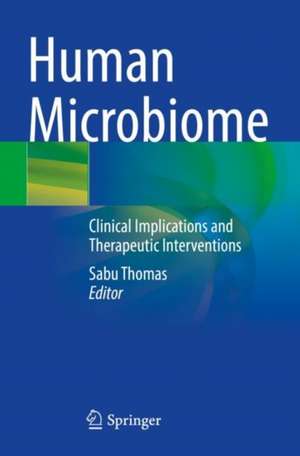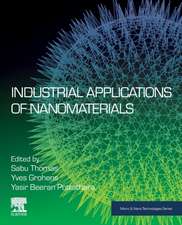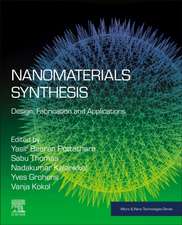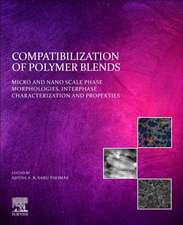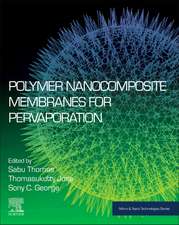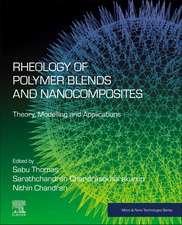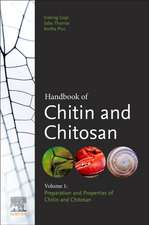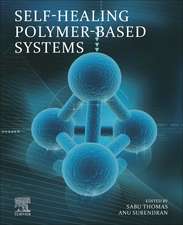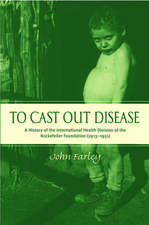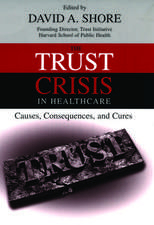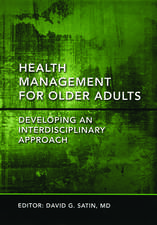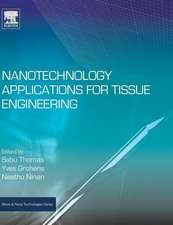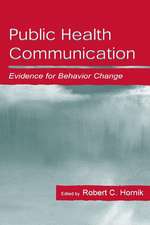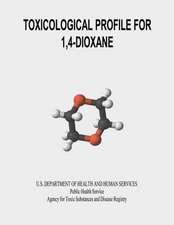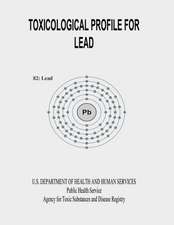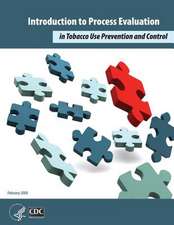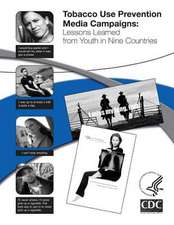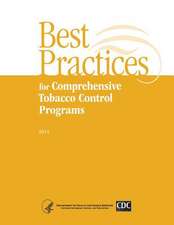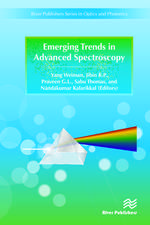Human Microbiome: Clinical Implications and Therapeutic Interventions
Editat de Sabu Thomasen Limba Engleză Paperback – 4 feb 2023
| Toate formatele și edițiile | Preț | Express |
|---|---|---|
| Paperback (1) | 925.85 lei 38-44 zile | |
| Springer Nature Singapore – 4 feb 2023 | 925.85 lei 38-44 zile | |
| Hardback (1) | 931.37 lei 38-44 zile | |
| Springer Nature Singapore – 3 feb 2022 | 931.37 lei 38-44 zile |
Preț: 925.85 lei
Preț vechi: 974.58 lei
-5% Nou
Puncte Express: 1389
Preț estimativ în valută:
177.19€ • 184.30$ • 146.28£
177.19€ • 184.30$ • 146.28£
Carte tipărită la comandă
Livrare economică 10-16 aprilie
Preluare comenzi: 021 569.72.76
Specificații
ISBN-13: 9789811676741
ISBN-10: 9811676747
Pagini: 264
Ilustrații: XIII, 264 p. 26 illus., 25 illus. in color.
Dimensiuni: 155 x 235 x 20 mm
Greutate: 0.53 kg
Ediția:1st ed. 2022
Editura: Springer Nature Singapore
Colecția Springer
Locul publicării:Singapore, Singapore
ISBN-10: 9811676747
Pagini: 264
Ilustrații: XIII, 264 p. 26 illus., 25 illus. in color.
Dimensiuni: 155 x 235 x 20 mm
Greutate: 0.53 kg
Ediția:1st ed. 2022
Editura: Springer Nature Singapore
Colecția Springer
Locul publicării:Singapore, Singapore
Cuprins
1 Human Microbiome: Implication of Age and External factors.- 2 Oral Microbiome: An Opening to Healthy Possibilities.- 3 Emerging role of gut microbiota in functional gastrointestinal disorders.- 4 The Human Gut Microbiota and Gastrointestinal Cancer: Current Status and Therapeutic Perspectives.- 5 Genetic and Epigenetic Regulation by Gut Microbe-Modulated Metabolites in Chronic Metabolic Diseases.- 6 Gut Microbiota Related Clinical Events and Therapeutic Interventions in Alcohol Associated Liver Disease.- 7 Microbiota - Gut - Brain Axis in Neurological Disorders.- 8 Modern Perspectives in Controlling Human Diseases through Probiotic Intervention.- 9 Microbiome Association of Polypharmacy in Geriatric Population.- 10 Virome: Sentinels or marauders in the microbiome.- 11 Unlocking the Mysteries of the Human Microbiome to Combat COVID-19.
Notă biografică
Dr. Sabu Thomas M.Sc., Ph.D. is a senior faculty scientist heading the Cholera and Biofilm Research Group at Rajiv Gandhi Centre for Biotechnology (National Institute under the Department of Biotechnology, Govt. of India). Dr. Thomas has been working in the area of environmental and clinical pathogenic bacteria for more than two decades, with a special focus on gut and chronic wound infected pathogens, antimicrobial resistance (AMR) and alternative strategies to curb AMR. Dr. Thomas’s team has published 13 book chapters and more than 80 research articles in prestigious journals at the national and international level, and edited two books. He has received various honors, including membership in the World Health Organization’s Global Task Force on Cholera Control. Currently, he is a member of the State Working Committee on Antimicrobial Resistance, and research coordinator for AMR activities in Kerala. He was part of the Second Indian Arctic Scientific Expedition team, formed by the Govt. of India to assess the bioprospecting potential of psychrophilic bacteria in the Polar region. He is also affiliated with various reputed organizations around the globe, including the Global Foodborne Infections Network, CHOLDInet - Global Laboratory Network for Cholera and other Diarrhoeal Infections, International Society for Infectious Diseases, and Freshwater Action Network South Asia.
Textul de pe ultima copertă
The human microbiome refers to the complete microorganisms inhabiting the human body sites including skin, ear, nose, oral cavity, the genital, gastrointestinal and respiratory tracts, and body fluids such as breast milk, saliva, and urine. It is a significant and essential organ recognized for the body and has an established involvement in the host wellbeing, in terms of nutritional requirements and immunomodulation. This book talks about how alteration and imbalance in the same can have clinical implications associated with a multitude of gastrointestinal, lifestyle-associated, and neurodegenerative disorders. How the proliferation of specific groups of bacteria and their metabolic activities, as a result of intestinal dysbiosis leads to the 'leaky gut' condition thereby influences brain activity via the bidirectional gut-brain axis. It also coves the importance of microbial seeding and how it can be influenced by the mode of delivery, nutrition, and medication. This book also provides various therapeutic interventions such as the establishment of stool banks and Faecal microbiota transplantation (FMT) that have recently proved promising in the treatment of ASD, Inflammatory Bowel Disease, and Ulcerative Colitis. This book provides a deeper understanding of the development of the human gut microbiome and the factors driving its dysbiosis. This book is a valuable read for health professionals, medical students, nutritionists, and scientific research communities who are eager to update themselves with recent trends in microbiome research. It will also aid gastroenterologists and nutritionists to make well-informed choices regarding therapeutic regimes.
Caracteristici
Provides an up-to-date account on the structure and function of different microbiota Covers the transition and drivers of infant gut microbiome into adult microbiome Discusses the disruptions in gut microbiome, metabolome and associated disorders
